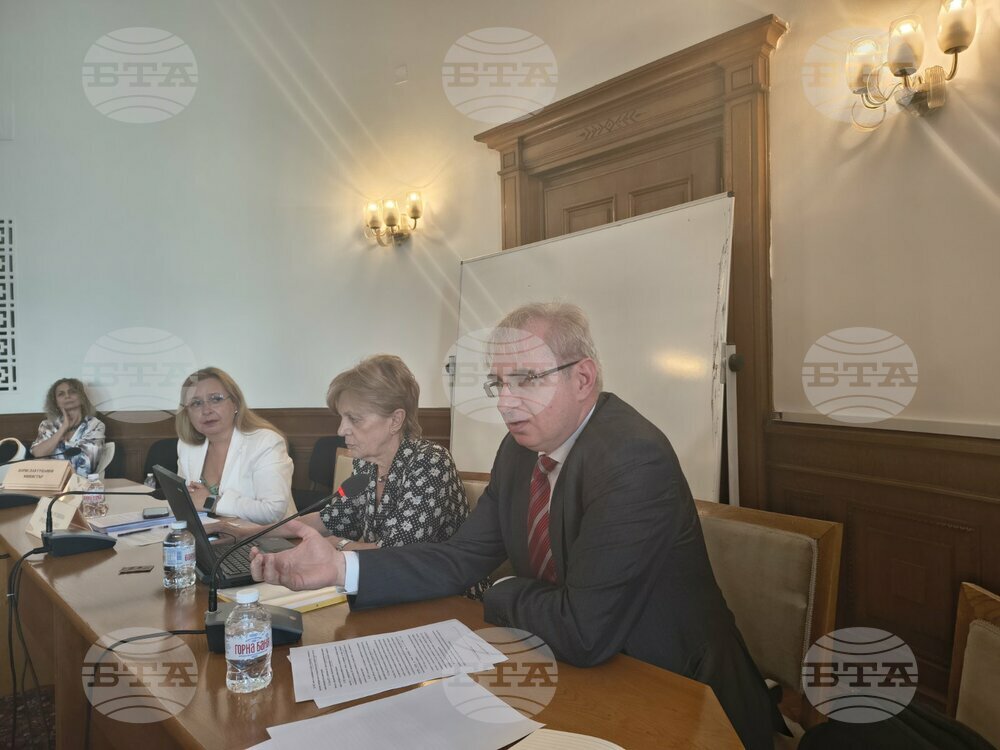site.btaEconomic and Social Council Flags Wide Regional GDP Divide and Labour-Market Imbalances


The South-West region accounted for more than half of Bulgaria’s gross domestic product last year, whereas the North-West generated just over 6%, Economic and Social Council (ESC) Chair Zornitsa Rusinova said on Wednesday.
She presented the figures from an ESC study on regional labour-market imbalances to Parliament’s Committee on Labour and Social Policy.
The analysis reflects a consensus among Bulgarian business, trade unions and civil organizations on how specific policies could tackle part of the labour-market problems, Rusinova said.
She explained that demand and supply of jobs in the country were clearly out of balance.
Some of the recommendations concern the education system.
Better targeting of funds under the National Employment Action Plan is among the other proposals by ESC experts.
Rusinova added that resolving the imbalances also required better co-operation at local level, where young people’s entrepreneurial skills should be fostered.
Improving working conditions in public-service sectors is another recommendation in the analysis.
In many smaller settlements and certain regions the public sector is the sole employer, so better conditions and higher pay would help retain young people, Rusinova said.
Remote work would also keep young people in small communities, she noted.
She also identified the uneven use of technology as a problem.
Overcoming regional disparities requires taking the specifics of each area into account, Rusinova went on, stressing the need for targeted measures to address demographic challenges.
Tackling these disparities is complex and difficult because it affects many public sectors and fields, Valentina Zartova, one of the report’s co-authors, told MPs on the social policy committee.
She said the measures had to be applied simultaneously at national and local level.
Zartova observed that Sofia and Plovdiv were the areas with high demand for labour.
She welcomed the government’s decision to create an electronic register of economically inactive people aged 16-65 who neither study nor work and are not registered with employment offices.
Kostadin Kolarov, the report’s other co-author, said local authorities tended to rely on the central government to solve their problems.
Starting from a centralized, one-size-fits-all approach makes life easier for the administration, he noted.
He argued that local communities needed to be activated to find their own solutions and then seek government backing by submitting their projects and requests.
This analytical work is extremely valuable because it provides not only a different but also a holistic perspective that gives us food for thought, committee chair Denitsa Sacheva (GERB-UDF) said.
The topics you raise are interesting; one of my favourites is whether the Ministry of Labour and Social Policy should cover both areas or whether a separate ministry is needed to deal with labour and industrial relations, she added.
In her view, it is hard for a single minister to prioritise labour-market issues while also addressing the needs of pensioners, people with disabilities and other vulnerable groups.
/NZ/
news.modal.header
news.modal.text